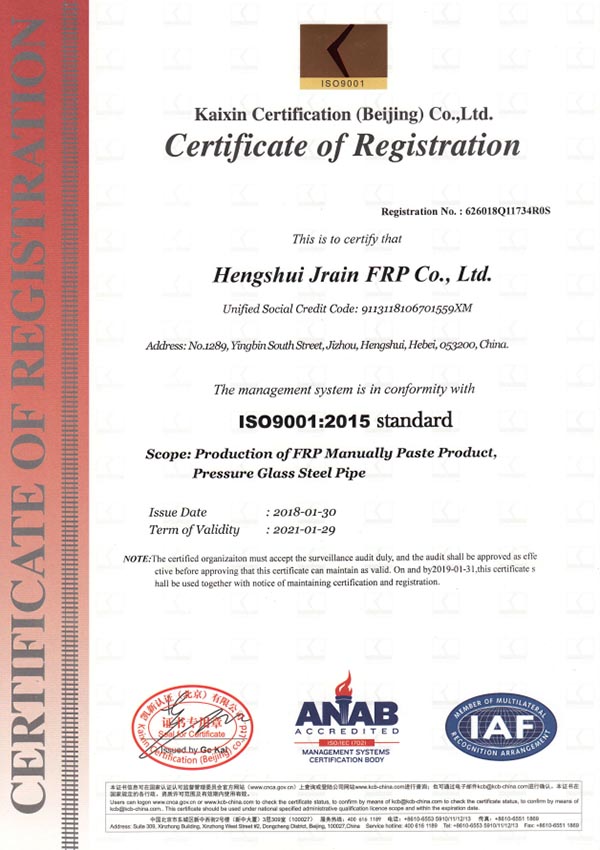
-
 Afrikaans
Afrikaans -
 Albanian
Albanian -
 Amharic
Amharic -
 Arabic
Arabic -
 Armenian
Armenian -
 Azerbaijani
Azerbaijani -
 Basque
Basque -
 Belarusian
Belarusian -
 Bengali
Bengali -
 Bosnian
Bosnian -
 Bulgarian
Bulgarian -
 Catalan
Catalan -
 Cebuano
Cebuano -
 China
China -
 China (Taiwan)
China (Taiwan) -
 Corsican
Corsican -
 Croatian
Croatian -
 Czech
Czech -
 Danish
Danish -
 Dutch
Dutch -
 English
English -
 Esperanto
Esperanto -
 Estonian
Estonian -
 Finnish
Finnish -
 French
French -
 Frisian
Frisian -
 Galician
Galician -
 Georgian
Georgian -
 German
German -
 Greek
Greek -
 Gujarati
Gujarati -
 Haitian Creole
Haitian Creole -
 hausa
hausa -
 hawaiian
hawaiian -
 Hebrew
Hebrew -
 Hindi
Hindi -
 Miao
Miao -
 Hungarian
Hungarian -
 Icelandic
Icelandic -
 igbo
igbo -
 Indonesian
Indonesian -
 irish
irish -
 Italian
Italian -
 Japanese
Japanese -
 Javanese
Javanese -
 Kannada
Kannada -
 kazakh
kazakh -
 Khmer
Khmer -
 Rwandese
Rwandese -
 Korean
Korean -
 Kurdish
Kurdish -
 Kyrgyz
Kyrgyz -
 Lao
Lao -
 Latin
Latin -
 Latvian
Latvian -
 Lithuanian
Lithuanian -
 Luxembourgish
Luxembourgish -
 Macedonian
Macedonian -
 Malgashi
Malgashi -
 Malay
Malay -
 Malayalam
Malayalam -
 Maltese
Maltese -
 Maori
Maori -
 Marathi
Marathi -
 Mongolian
Mongolian -
 Myanmar
Myanmar -
 Nepali
Nepali -
 Norwegian
Norwegian -
 Norwegian
Norwegian -
 Occitan
Occitan -
 Pashto
Pashto -
 Persian
Persian -
 Polish
Polish -
 Portuguese
Portuguese -
 Punjabi
Punjabi -
 Romanian
Romanian -
 Russian
Russian -
 Samoan
Samoan -
 Scottish Gaelic
Scottish Gaelic -
 Serbian
Serbian -
 Sesotho
Sesotho -
 Shona
Shona -
 Sindhi
Sindhi -
 Sinhala
Sinhala -
 Slovak
Slovak -
 Slovenian
Slovenian -
 Somali
Somali -
 Spanish
Spanish -
 Sundanese
Sundanese -
 Swahili
Swahili -
 Swedish
Swedish -
 Tagalog
Tagalog -
 Tajik
Tajik -
 Tamil
Tamil -
 Tatar
Tatar -
 Telugu
Telugu -
 Thai
Thai -
 Turkish
Turkish -
 Turkmen
Turkmen -
 Ukrainian
Ukrainian -
 Urdu
Urdu -
 Uighur
Uighur -
 Uzbek
Uzbek -
 Vietnamese
Vietnamese -
 Welsh
Welsh -
 Bantu
Bantu -
 Yiddish
Yiddish -
 Yoruba
Yoruba -
 Zulu
Zulu
Fiberglass Square Tank for Efficient Water Storage and Durable Performance Solutions
Understanding Fiberglass Rectangular Tanks Their Benefits and Applications
Fiberglass rectangular tanks are increasingly becoming a favored choice for various industrial, agricultural, and commercial applications. Known for their durability, lightweight properties, and resistance to corrosion, these tanks are designed to hold liquids, chemicals, and other materials securely and efficiently. This article explores the benefits, applications, and features of fiberglass rectangular tanks.
Benefits of Fiberglass Rectangular Tanks
1. Durability One of the most significant advantages of fiberglass tanks is their exceptional durability. They are constructed from a composite material that can withstand extreme temperatures and harsh environmental conditions without degrading. Unlike traditional materials like steel or concrete, fiberglass does not rust, corrode, or deteriorate when exposed to various chemicals, making it ideal for storing aggressive substances.
2. Lightweight Fiberglass is significantly lighter than alternative materials, which simplifies transportation and installation. This property is particularly useful in scenarios where tank relocation may be necessary or when dealing with challenging installation sites, reducing both labor and transportation costs.
3. Customizability Fiberglass rectangular tanks can be tailored to meet specific needs. Manufacturers can design tanks of various sizes, shapes, and configurations to fit the unique requirements of a project. This versatility makes them ideal for a wide range of applications, from water storage to chemical processing.
4. Low Maintenance The non-porous surface of fiberglass does not support the growth of algae or other microorganisms, minimizing the need for frequent cleaning or maintenance. This property not only saves time and effort but also promotes the integrity of the stored materials by preventing contamination.
5. Environmental Resistance Fiberglass tanks are adept at handling environmental challenges such as ultraviolet (UV) exposure, weather elements, and chemical spills. Their robust construction and resistance to environmental stressors make them a reliable choice in outdoor applications.
fiberglass rectangular tank

Applications of Fiberglass Rectangular Tanks
Fiberglass rectangular tanks are utilized in diverse sectors, including
1. Water Treatment These tanks play a critical role in water treatment facilities for storing treated water, chemicals, or waste. Their resistance to corrosion ensures safe storage of various treatment agents.
2. Agriculture In agricultural settings, fiberglass tanks are used for irrigation, chemical storage, and livestock watering. Their non-toxic composition ensures that the stored materials, such as fertilizers or pesticides, do not leach harmful substances.
3. Manufacturing Many manufacturing processes require the safe storage of liquids and chemicals. Fiberglass tanks provide an effective solution for managing these materials, thanks to their strength and resistance to chemical reactions.
4. Food Industry In the food industry, the sanitary qualities of fiberglass make it an ideal choice for storing ingredients, solutions, and water used in food processing.
5. Fire Protection Fiberglass rectangular tanks are also commonly used for fire suppression systems, where they hold water or fire retardants that can be quickly deployed in case of emergency.
In summary, fiberglass rectangular tanks offer a versatile, durable, and low-maintenance solution for various storage needs across multiple industries. Their combination of lightweight properties and resistance to corrosion makes them a practical investment for anyone looking to enhance operational efficiency while ensuring the safety and reliability of their stored materials. Whether used in water treatment, agriculture, or manufacturing, fiberglass tanks stand out as a superior choice in fluid storage solutions.
Latest news
-
Exploring the Benefits of Top Hammer Drifter Rods for Enhanced Drilling PerformanceNewsJun.10,2025
-
High-Precision Fiberglass Winding Machine for GRP/FRP Pipe Production – Reliable & Efficient SolutionsNewsJun.10,2025
-
FRP Pipes & Fittings for Shipbuilding - Corrosion-Resistant & LightweightNewsJun.09,2025
-
Premium FRP Flooring Solutions Durable & Slip-ResistantNewsJun.09,2025
-
Premium Fiberglass Rectangular Tanks Durable & Lightweight SolutionNewsJun.09,2025
-
Tapered Drill String Design Guide Durable Performance & UsesNewsJun.09,2025









